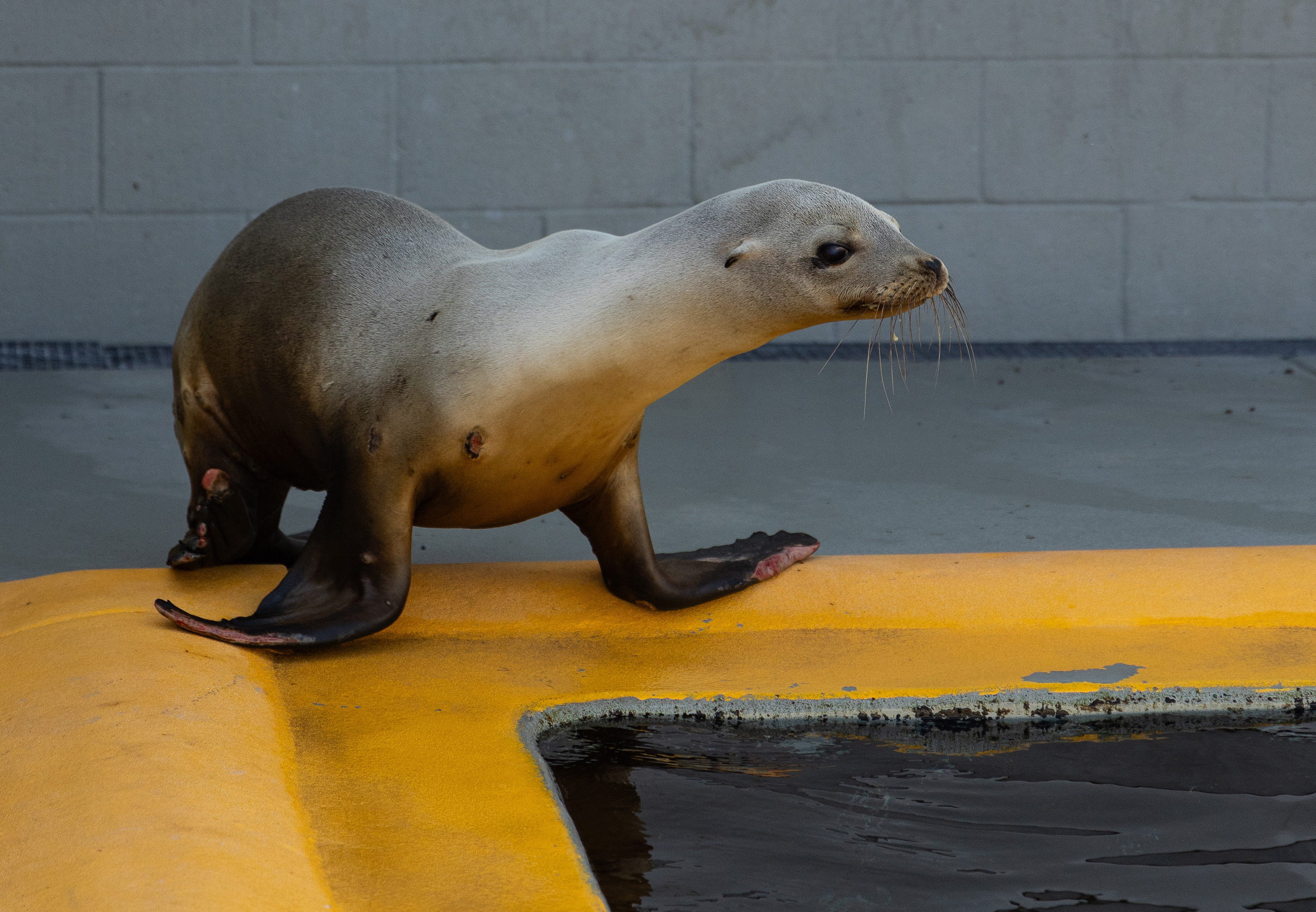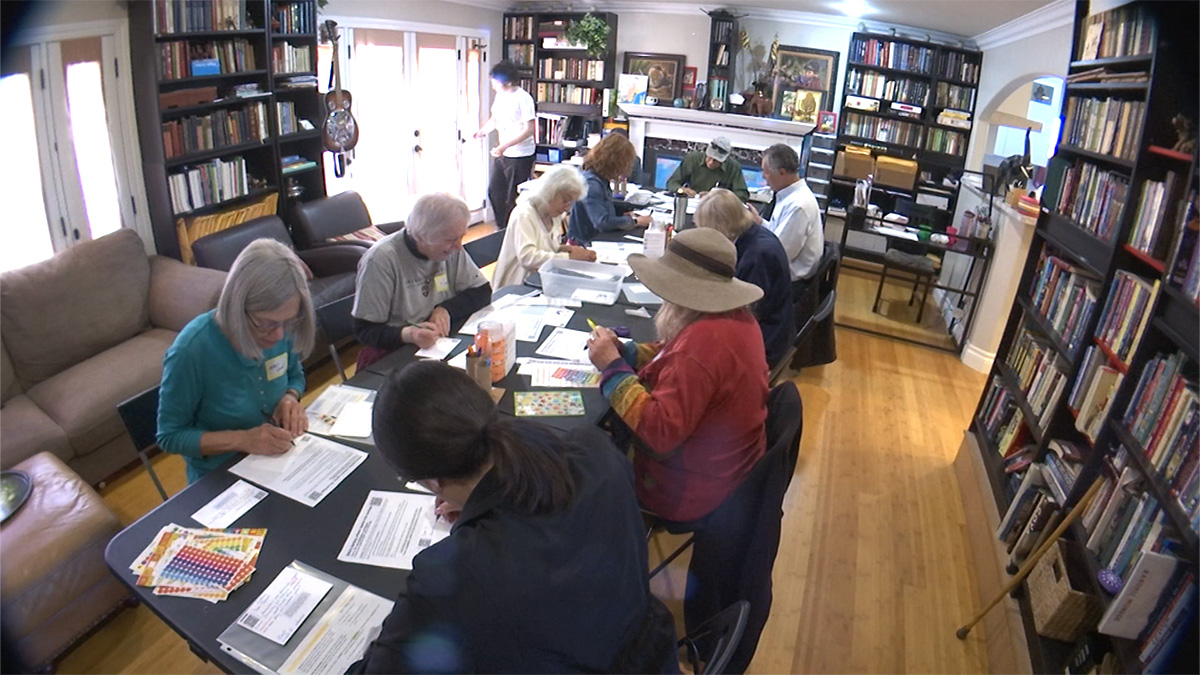PG&E announced on Friday an $11 billion deal to pay private insurance companies for the damage to their customers for two years of devastating wildfires.
Attorneys representing thousands of other wildfire victims of the North Bay firestorm in 2017 and the Camp fire that swept through Butte county last year were quick to denounce the deal as favoring investors at the expense of their clients.
The fires – nearly all blamed on PG&E equipment -- triggered tens of billions of dollars in legal and insurance claims that PG&E says it can’t possibly pay. In fact, the company gave wildfire liability as the primary reason it filed for bankruptcy early this year.
But on Friday, PG&E announced an $11 billion dollar deal to reimburse private insurers for some of the wildfire policies they’re paying off. In a statement, a group of insurers stressed that while the sum agreed to in principle is less than the $20 billion they’ll have to pay to homeowners, they “hope that this compromise will pave the way” to “fairly compensate all victims.”
PG&E’s CEO Bill Johnson said the deal shows the companies its intent to “resolve the remaining claims of those who’ve suffered.”
Wildfire attorneys, however, were quick to condemn the deal as putting Wall Street investors and big name insurance companies ahead of actual victims.
“It’s really kind of Wall Street prospers while victims live in tents – that’s been the motto of PG&E since this started,” said Mike Kelly, one of the attorneys suing the utility over the North Bay and Camp fires.
Local
Another attorney in those cases, Steve Campora, said it’s not just insurance companies moving to the front of the line. He says the money also will pay off hedge fund investors who bought millions of dollars in unpaid insurance claims against the bankrupt company for as low as 35 cents on the dollar. And so far, he says, not a dime has gone directly to compensate victims.
“What’s happening here is that PG&E is collaborating with insurance companies and with hedge funds to try to limit the amount of the recovery for the victims,” Campora said. “That’s just wrong.”
Campora says the entire deal appears to run against the so-called “Made Whole” doctrine in California, which specifies that victims must be fully compensated before insurance companies are reimbursed.
“We don’t believe insurance companies should get any money until all the victims are made whole,” Campora said.
The deal now goes before the bankruptcy judge for consideration.



